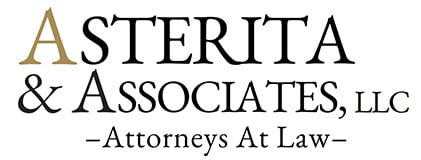A will is an important legal document for any estate plan. The purpose of a will is to help decide how a testator’s assets are managed after they pass away. The testator can name an executor of the estate and beneficiaries in their will.
Unfortunately, many people die without a valid will. A will could be lost, missing a signature from the testator or unfinished. Any one of these issues can create many difficulties for family members and friends if the testator’s last wishes are not made clear. Here is what happens when a valid will can not be found after a testator passes away:
How is an estate handled?
With a valid will, it would be the responsibility of the executor to distribute the testator’s estate. The executor would be responsible for submitting the will to a probate court, locating assets, paying taxes and debts and distributing assets to beneficiaries. With all of that completed, the testator’s last wishes may be met.
When there is no valid will, the testator has died intestate and their last wishes are not known. It is then the responsibility of the state to manage the testator’s estate. The state may assign an executor who is responsible for distributing assets to heirs.
Who are the heirs?
A beneficiary is someone to whom the testator has given the legal right to assets in an estate. A beneficiary can be anyone, such as family, friends, co-workers and charities.
Heirs are typically the closest family members to the testator. This may be the testator’s spouse, child, adopted child, sibling or parent, for example. The heirs may have a legal claim to the testator’s estate. However, this heir may not be the person the testator named as their beneficiary.
There are many reasons to ensure a valid will is made. You can reach out for legal help to learn what it will take to make a valid will.

